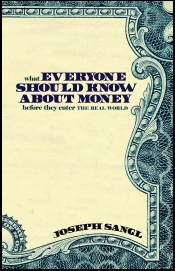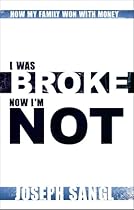The Federal Reserve Board has implemented some substantial rule changes that govern how credit card companies interact with cardholders.
I am PUMPED about some of the rules changes, but I am disappointed that most of these will not be implemented until July 2010.
Here are some rule changes that I am excited about:
* Double cycle billing is eliminated. This eliminates double-billing on interest (robbery).
* Can't raise rates unless payments are more than 30 days behind. Provides some margin for error before default rates go into effect.
* Payments will be applied to highest interest balances first. YAY!
And here is my personal favorite - No more universal default rules! This means that credit card companies can not raise your rate on a card that has been paid on time simply because you have paid late on another credit card!
You can read a complete article about the credit card lending rules at CNNMoney - HERE.
As a reminder, there is a way to prevent credit card companies from controlling your life - PAY THEM OFF!!! If you are carrying a balance on your credit card and are paying interest, it can be very worthwhile to transfer the debt to 0% balance transfer credit cards so that ALL of your payment is applied to principal. PAY THEM OFF, and apply the first rule of holes - stop digging! No more debt.
Credit Card Rule Changes
December 31st, 2008 at 02:34 pm






December 31st, 2008 at 10:52 pm 1230763944
"The billing strategies are designed to lure cardholders into the debt trap and keep them there. Under a strategy known as universal default, for example, rates can be raised ó even retroactively, on old purchases ó when cardholders fail to pay bills not related to the credit card account. Congress, which is considering several bills to curtail unfairness, should outlaw this.
The new rules donít forbid universal default. But they would at least prohibit retroactive rate increases, unless the cardholder is more than 30 days late on the credit card payment itself. Another change announced last week prohibits the widespread practice of charging cardholders interest on debts they have already paid."